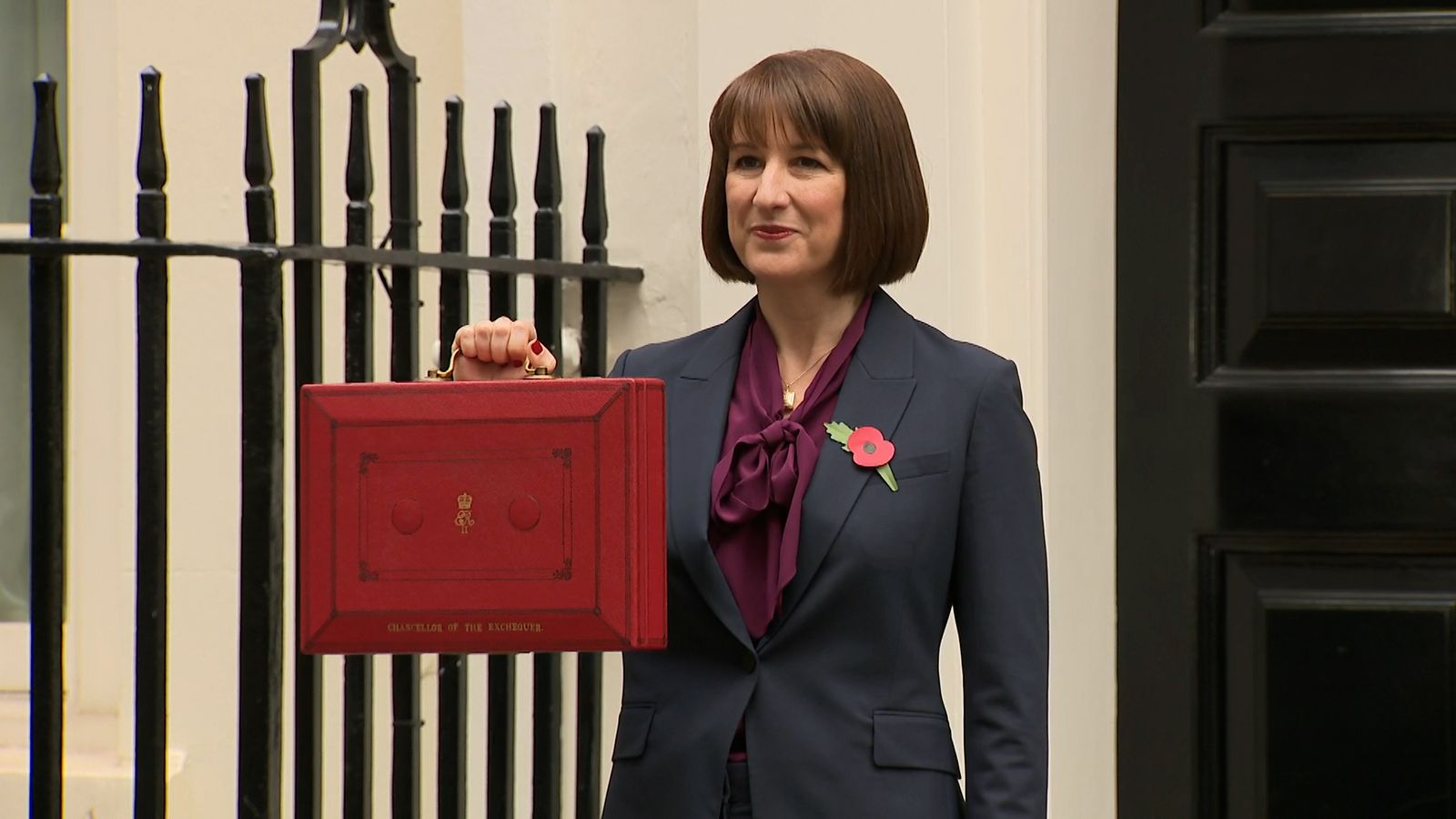A Treasury minister has conceded the measures in the budget do hit “working people” – but insisted Labour had not broken their manifesto promises.
Darren Jones, the chief secretary to the Treasury, argued the government had “honoured” its commitment in its election-winning manifesto by not raising the tax rates on working people – specifically, income tax, VAT and the national insurance paid by employees – although the latter was not specified at the time.
However, in her budget, Rachel Reeves did unveil a £25bn rise in employers’ national insurance contributions while also lowering the threshold at which they start paying it from £9,100 to £5,000 – in what she called a “difficult choice” to make.
The move has left Labour open to the charge of a manifesto breach after the Office for Budget Responsibility (OBR), which monitors the government’s spending plans and performance, said most of the burden from the increase will be passed on to workers through lower wages, and on to consumers through higher prices.
Politics latest: Hostile reaction from markets to Labour’s first budget
Ms Reeves has also admitted that wage increases might be slightly less than they otherwise would have been as a result of the national insurance hike.
Put to him by Sky News’ Wilfred Frost that this “de facto clearly is a hit on working people” and the government risked undermining the public’s trust, Mr Jones said: “All I’m telling you is that the Treasury, which sets tax rates, is not increasing the rates of tax on working people. That was the promise we’ve made.”
Pressed on the OBR’s assessment, Mr Jones said: “The OBR has predicted that in future years wage growth may become lower as a consequence of employers having to pay more.”
Frost interjected: “So it hits working people?”, to which Mr Jones replied: “Employer national insurance yes.”
Ms Reeves’s decision to raise employers’ national insurance contributions from 13.8% to 15% from April 2025 was one of the major measures in a budget that hiked taxes by about £40bn -the biggest tax rise since 1993.
Since delivering the budget on Wednesday, Ms Reeves has sought to quell the jitters that are appearing in the financial markets.
Yields for 10-year UK bonds – the cost or interest rate charged for long-term government borrowing – have gone past 4.5% for the first time in a year.
Over the last three days, sterling has also dropped by 1.2% (in trade weighted terms) – the biggest fall in 18 months.
Mr Jones sought to downplay the markets’ hostile reaction, telling Sky News “a lot of new information about the economy and the nation’s finances” was presented to parliament at the budget on Wednesday, so “it’s normal for markets to respond”.
He said the UK had “PTSD” [post-traumatic stress disorder] from the mini-budget of Liz Truss, which led to a surge in borrowing costs and saw the pound slump to a 37-year low against the dollar.
Read more:
Hostile market response as chancellor suffers Halloween nightmare
Government’s value for money tsar to be paid £950 a day
“I think we’ve all got PTSD from Liz Truss and just let’s compare the two different scenarios, because they’re very, very different: under Liz Truss, as we saw, they sacked the permanent secretary, they ignored the independent Office for Budget Responsibility,” he said.
“They announced £45bn of unfunded tax cuts and said they were only just getting started. And then the market went mad and we all know what happened.
“Completely different in contrast to now.”
Checkout latest world news below links :
World News || Latest News || U.S. News
The post Treasury minister admits employers’ tax rise will hit working people – but denies undermining public trust appeared first on WorldNewsEra.

